Is the PDA about to make a comeback?
Gemini hardware has a deca-core processor and bigger battery than the Note 8
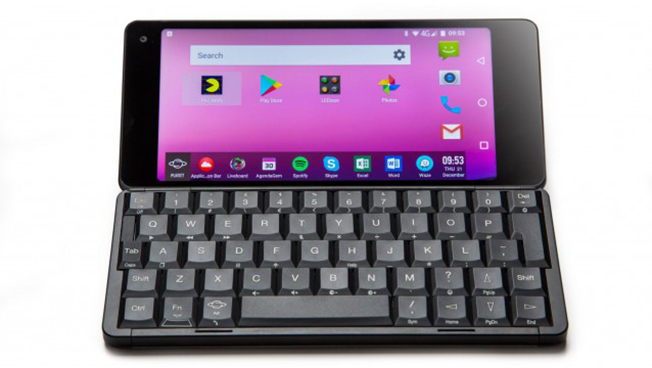
Remember when PDAs like the Psion were all the rage back in the 90s? Well, if Indiegogo crowdfund Gemini's $1.3 million backing is anything to go by, it looks like they could be set for a comeback.
There's no surprise that the Gemini looks like a Psion PDA because the crowdfund's owners, Planet Computer, have partnered with a London-based industrial designer, Martin Riddiford, who was closely involved in designing the 90s handheld computers. Described as an "ultra-thin clamshell mobile device with fully integrated tactile QWERTY keyboard, that fits in your pocket", Gemini's prototype has been on display at CES 2018, where it's certainly got people talking.
In almost every sense, it's an updated version of a device from a bygone era. Rather than running an antiquated operating system like EPOC, Gemini dual boots Android and Linux, and has 4G, Wi-Fi (there's also a Wi-Fi-only model) and Bluetooth connections. The 5.99in touchscreen display isn't dissimilar in size to those sported by the original Psion PDAs, but it's Full HD (2160 x 1080) and uses scratch-resistant glass. There's no mention of support for a stylus, but its dual USB-C connectors enable you to connect a different keyboard, external screen and mouse.
Inside, you get a 2.6Ghz deca-core processor, 4GB of RAM and 64GB of storage. There's an impressively sized 4,220mAh battery that Gemini's creators claim produces two weeks of standby time and 12 hours of talk time, but no back camera and only a rather disappointing 5 megapixel front camera.
At 320g and 1.5cm deep, it's also more than 50% heavier and thicker than best phablet around, the Samsung Note 8, which is hardly surprising when you consider it has a physical keyboard. Otherwise, the PDA's dimensions are broadly similar to the Note 8, so you should be able to squeeze it in a pocket.
Considering there's nothing mindblowing about its spec, why all the hype? Who would opt for the Gemini over a high-powered phablet like the Samsung Note 8? The obvious answer is its anyone who wants a physical QWERTY keyboard. A keyboard its creators claim is "recognised as the world's best yet smallest full-sized keyboard for finger touch typing." Beyond giving you tactile feedback, what this QWERTY keyboard gives you is much more screen real estate to work with.
"On-screen keyboards often take up more than half the readable screen," reads its Indiegogo pitch. "We want to get back to typing on a fully tactile keyboard whilst being able to view the entire screen. All this on a device no larger than most modern mobile phones."
Get the ITPro daily newsletter
Sign up today and you will receive a free copy of our Future Focus 2025 report - the leading guidance on AI, cybersecurity and other IT challenges as per 700+ senior executives
"We decided to re-invent the palm-sized keyboard mobile device that will benefit many, who we think are missing using the keyboard on the move. From bloggers and creatives that need to constantly write, to professionals who need to read and write e-mail, create and edit documents and spreadsheets," it continues.
I'm still not convinced, but the other ace up its sleeve is price. If you back the Gemini now, you can get your hands on one for a bargain $400 (around 300), $200 (150) less than the final retail price and almost a third of the Note 8's starting retail price in the UK.
Frankly, I'm quite surprised that the Gemini has received the level of backing that it has. After all, tactile keyboards didn't work out for Blackberry in the first instance, and its follow up devices that have attempted to revive the QWERTY touchpad (like the KeyOne) have hardly been a roaring success. However, backers have shown that there is a market for a modern PDA, so it will be interesting to see if the big players in the smartphone market take notice and plan their own revival.
Image credit: Gemini
-
 Should AI PCs be part of your next hardware refresh?
Should AI PCs be part of your next hardware refresh?AI PCs are fast becoming a business staple and a surefire way to future-proof your business
By Bobby Hellard
-
 Westcon-Comstor and Vectra AI launch brace of new channel initiatives
Westcon-Comstor and Vectra AI launch brace of new channel initiativesNews Westcon-Comstor and Vectra AI have announced the launch of two new channel growth initiatives focused on the managed security service provider (MSSP) space and AWS Marketplace.
By Daniel Todd
-
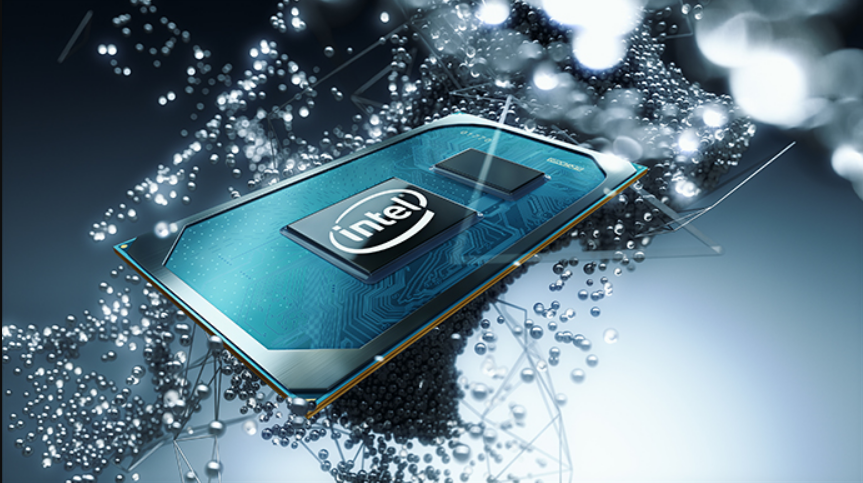 Intel shows off Tiger Lake, bending laptops at CES
Intel shows off Tiger Lake, bending laptops at CESNews Intel reveals a few more details about its design road map, including what next-gen laptops may look like
By Nicole Kobie
-
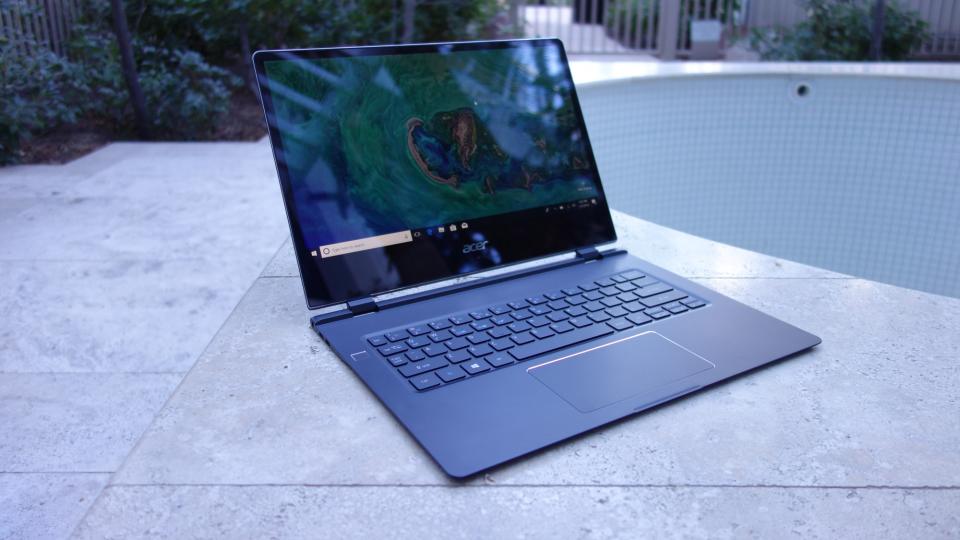 Acer bolsters its laptops at CES 2018 with the Acer Swift 7 and Chromebook 11
Acer bolsters its laptops at CES 2018 with the Acer Swift 7 and Chromebook 11News Acer's new laptops have something for everyone: the gamer, the worker on the move and the emailer on a budget
By Christopher Minasians
-
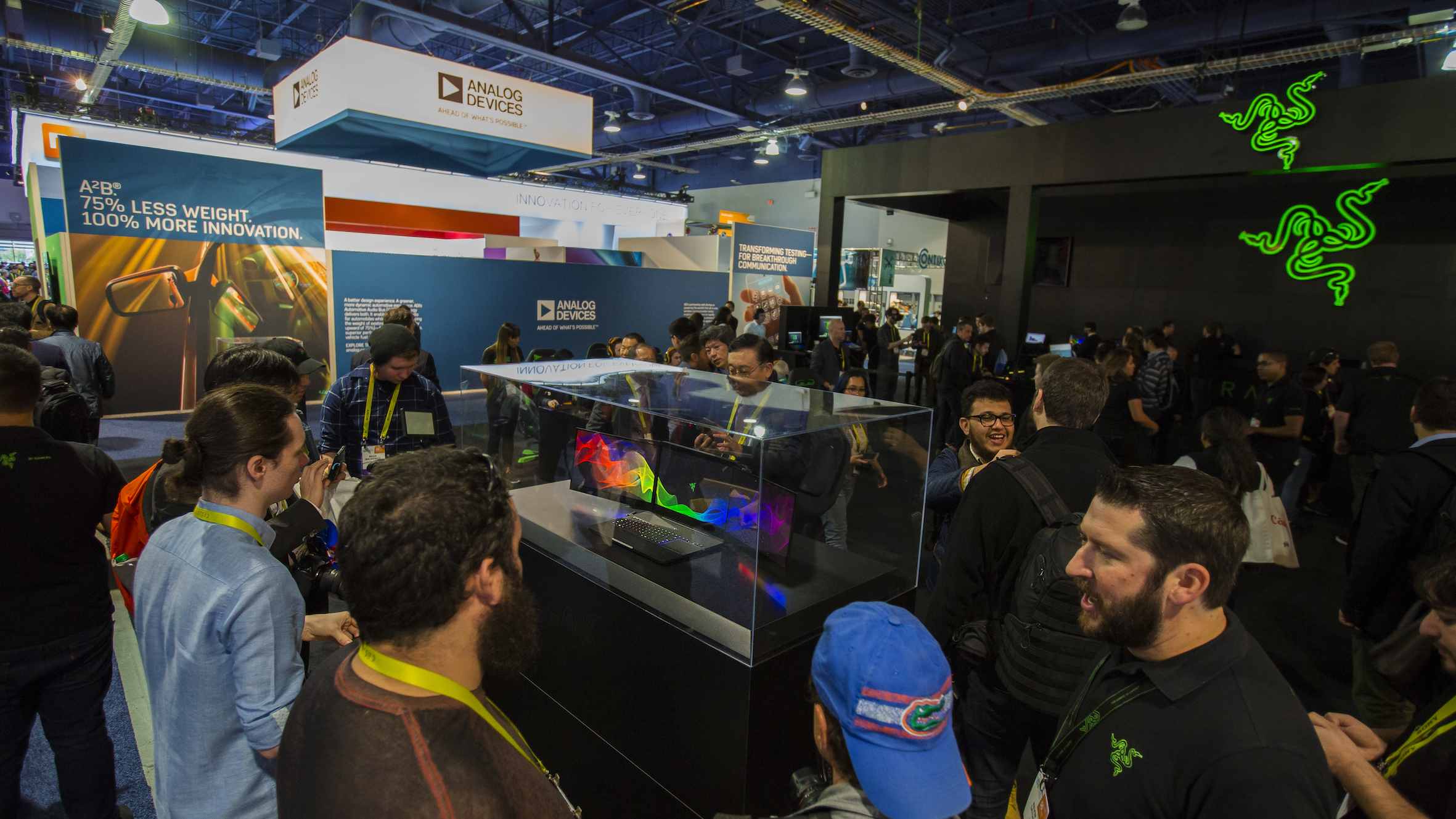 Razer prototypes stolen at CES
Razer prototypes stolen at CESNews Company won't rule out industrial espionage
By Jane McCallion
-
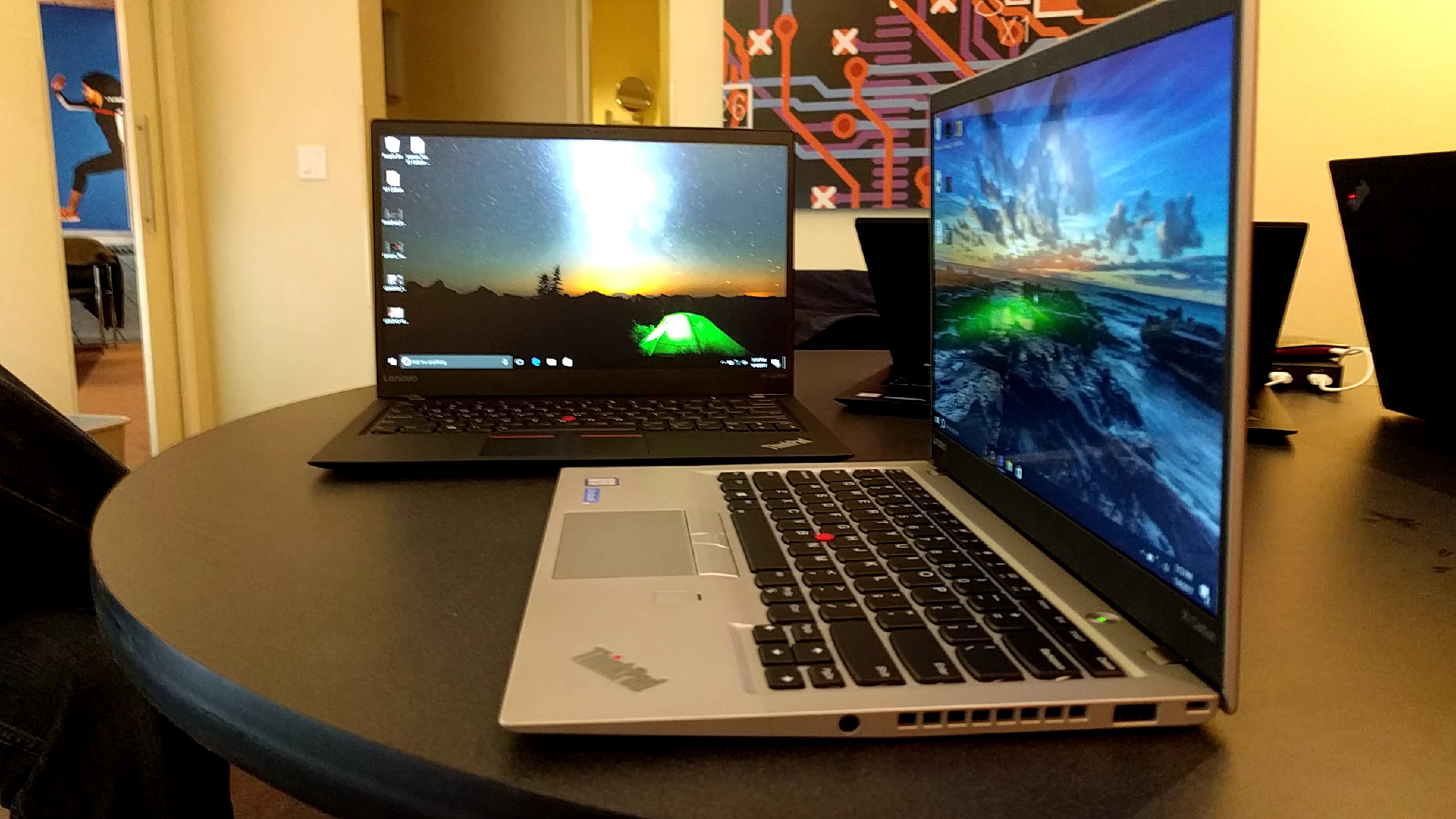 Lenovo ThinkPad X1 Carbon (2017)
Lenovo ThinkPad X1 Carbon (2017)First look This is no minor update: Lenovo makes the already excellent X1 Carbon smaller and lighter
By Tim Danton
-
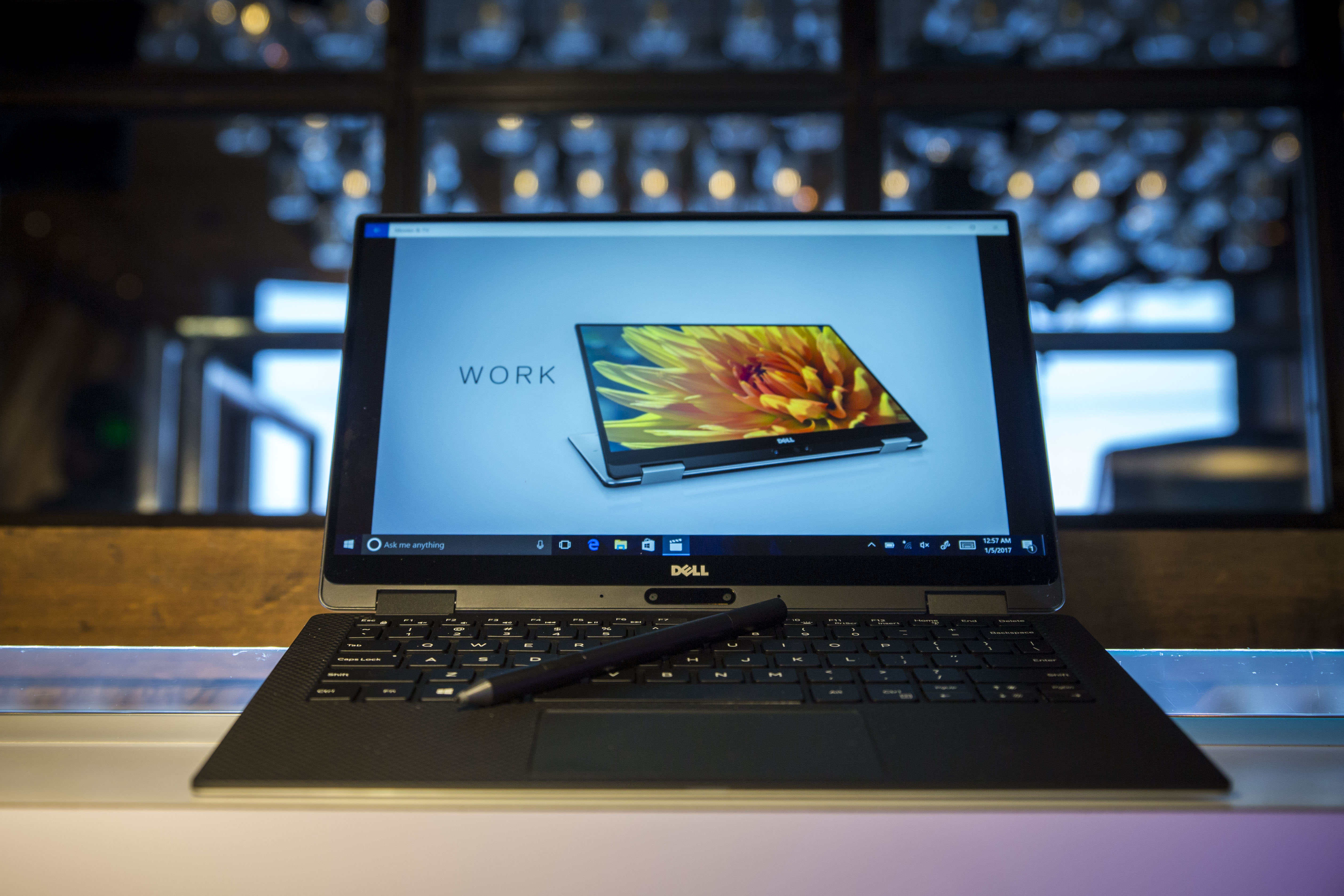 Dell XPS 13 2-in-1 and XPS 27: hands-on
Dell XPS 13 2-in-1 and XPS 27: hands-onReviews We check out the 2-in-1's business credentials, and give the designer-friendly XPS 27 a once over
By Barry Collins
-
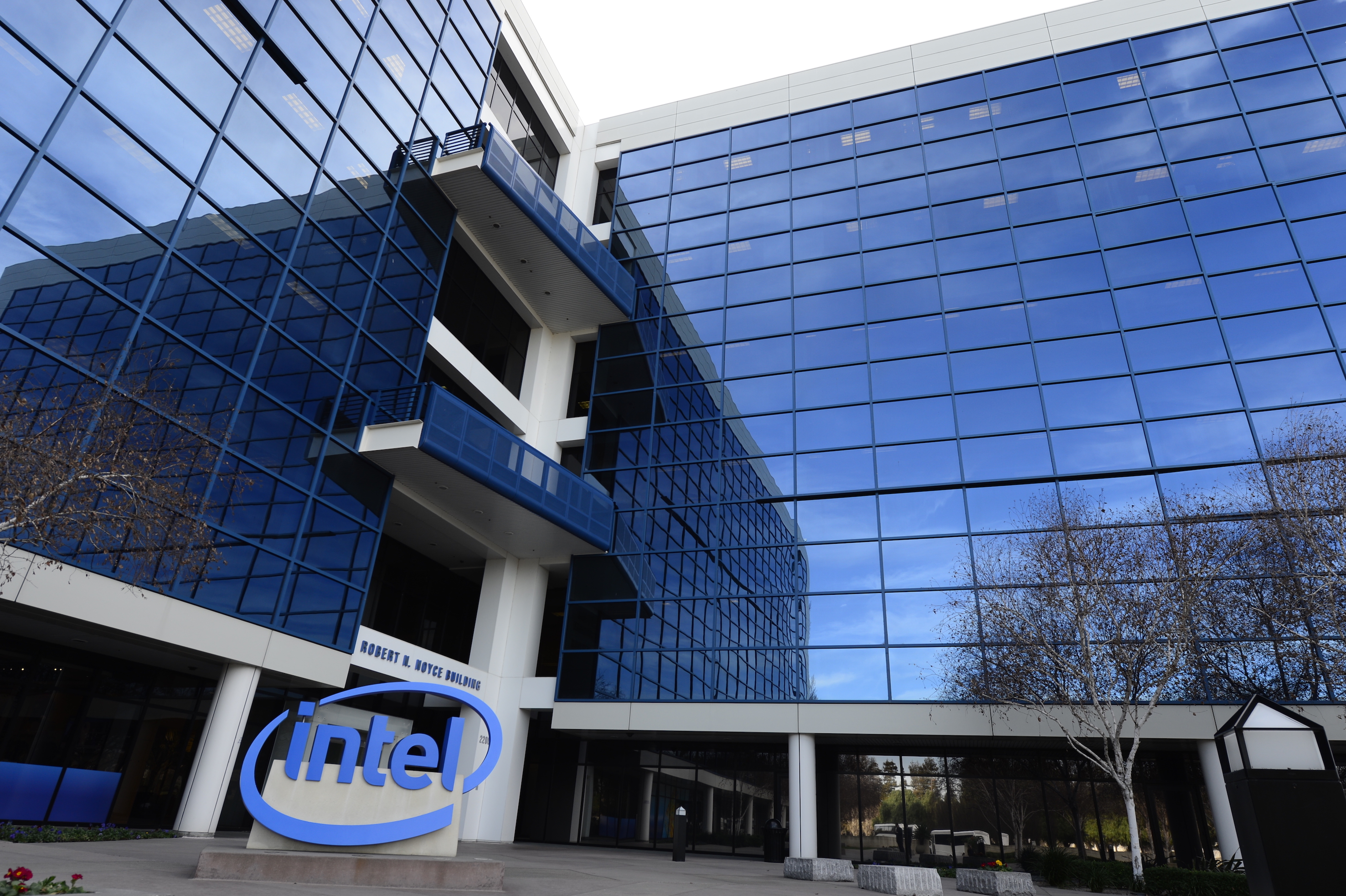 Moore’s Law survives in Intel’s Cannon Lake chip
Moore’s Law survives in Intel’s Cannon Lake chipNews CES 2017: 2-in-1 device sports new Intel 10nm processor
By Joe Curtis
-
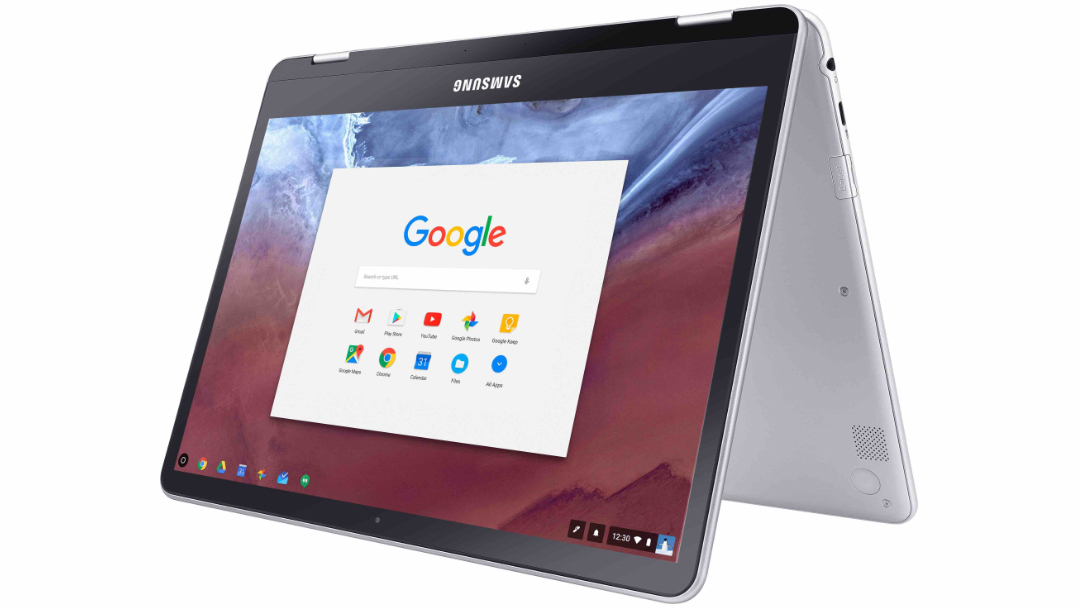 Samsung Chromebook Pro: First look
Samsung Chromebook Pro: First lookFirst look Samsung's Chromebook Pro gets ready for work
By Barry Collins
-
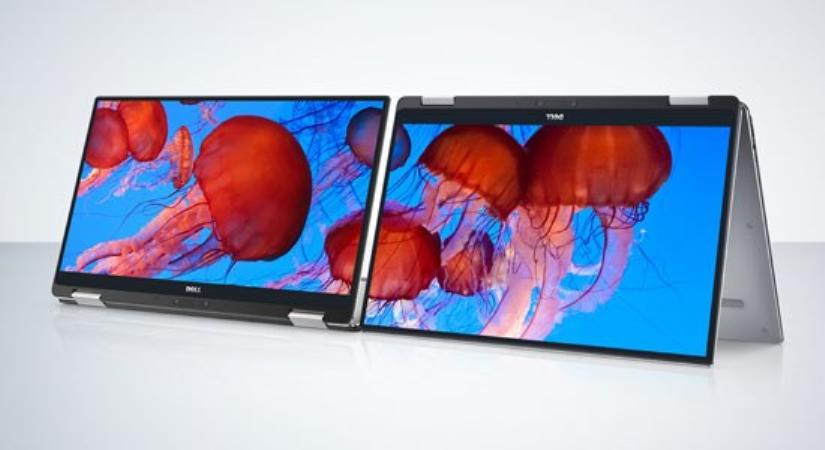 Dell unveils enterprise-focused XPS 13 2-in-1
Dell unveils enterprise-focused XPS 13 2-in-1News New model features 360-degree hinge and new Intel processors
By Dale Walker